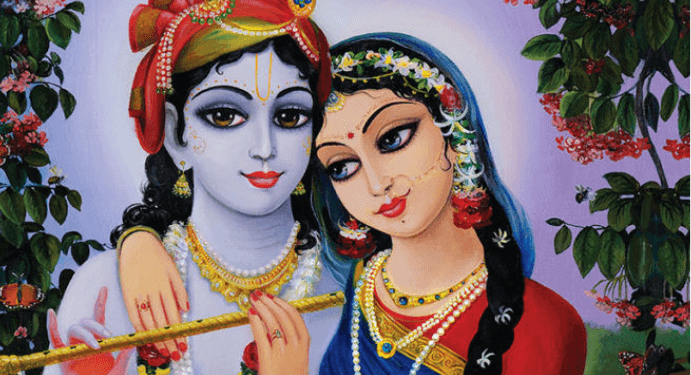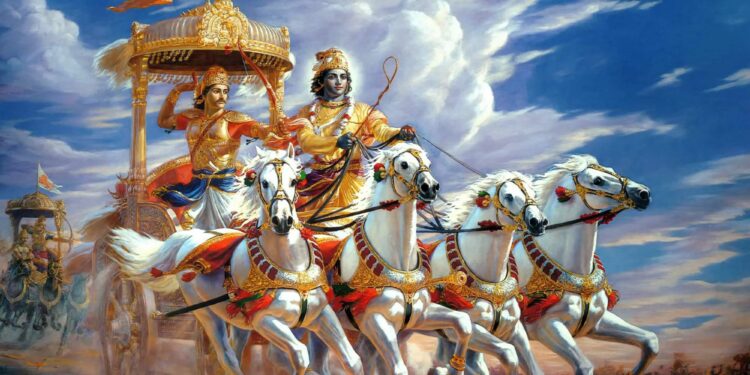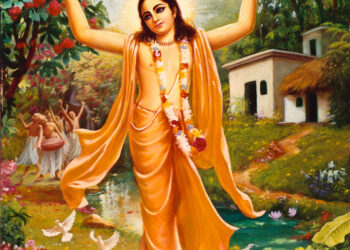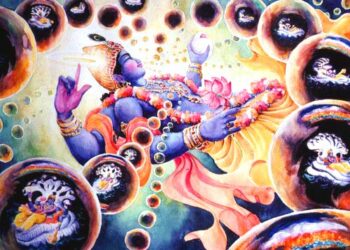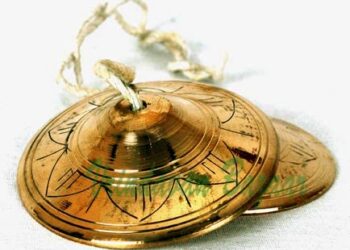Vasudeva continued to say that the maintenance of religious principles, economic development and the satisfactory execution of meeting the demands of the senses depend on cooperation among relatives, nations and all humanity. Therefore, it is everyone’s duty to see that his fellow citizens and the cows are not put into difficulty. One should see to the peace and comfort of his fellow man and the animals. The development of religious principles, economic development and sense gratification can then be achieved without difficulty. Vasudeva expressed his sorrow due to not being able to give protection to his own sons born of Devakī. He was thinking that religious principles, economic development and the satisfaction of his senses were therefore all lost.
Upon hearing this, Nanda Mahārāja replied, “My dear Vasudeva, I know that you are very much aggrieved because the cruel king Kaṁsa has killed all your sons born of Devakī. Although the last child was a daughter, Kaṁsa could not kill her, and she has entered into the celestial planets. My dear friend, do not be aggrieved; we are all being controlled by our past unseen activities. Everyone is subjected to his past deeds, and one who is conversant with the philosophy of karma and its reactions is a man in knowledge. Such a person will not be aggrieved at any incident, happy or miserable.”
Vasudeva then replied, “My dear Nanda, if you have already paid the government taxes, then return soon to your place, because I think that there may be some disturbances in Gokula.”
After the friendly conversation between Nanda Mahārāja and Vasudeva, Vasudeva returned to his home. Nanda Mahārāja and the other cowherd men, who had come to Mathurā to pay their taxes, also returned home.
Thus ends the Bhaktivedanta purport of the Fifth Chapter of Kṛṣṇa, “The Meeting of Nanda and Vasudeva.”


